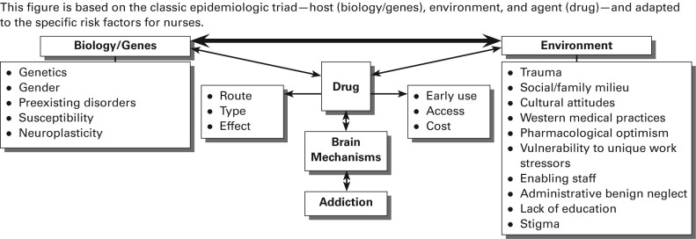Last Updated on March 2, 2025 by Bisma Sehar
In a world that thrives on relationships, fostering healthy and respectful connections is of utmost importance. However, certain maladaptive behaviours, like substance abuse, often erode the very fabric of relationships and disrupt healthy dynamics. Among these disruptions, the unfortunate manifestation of abusive behaviour within relationships is a significant concern.
This blog post aims to shed light on the complex yet crucial topic of the connection between substance abuse and abusive relationships.
Substance Abuse: A Catalyst for Unhealthy Relationships
Substance abuse refers to the excessive use of substances, including drugs and alcohol, in a manner that creates significant harm to the user’s mental and physical health, their work, and their relationships. Substance abuse can trigger a series of negative behaviours, often leading to the unfortunate reality of abusive relationships.
A key issue is that substance abuse can blur an individual’s understanding of acceptable behaviour, impair judgment, and lead to increased impulsivity. These combined factors can result in heightened aggression and decrease the ability to regulate emotions, thus creating a volatile environment ripe for the emergence of abusive tendencies.
The Link Between Substance Abuse and Abusive Relationships
It’s important to stress that substance abuse does not directly cause abusive behaviour, but it undoubtedly intensifies the risk and severity of violence within relationships. Research has shown a substantial correlation between substance abuse and domestic violence, with many incidents of abuse occurring during or after the perpetrator’s substance use.
Drugs and alcohol can act as disinhibitors, suppressing the normal societal or moral constraints against violence. This is particularly evident in relationships where one or both partners are struggling with substance addiction. The desperation to obtain these substances or the associated withdrawal symptoms can lead to coercive, controlling, and violent behaviours. The cycle of abuse and addiction feeds into each other, leading to a destructive pattern that can be challenging to break.
The Role of Intervention and Support
Acknowledging the issue is the first step towards addressing it. If you or someone you know is entangled in this cycle of substance abuse and abusive relationships, seek immediate assistance. It’s crucial to remember that help is available, and the path to recovery, though challenging, is not impossible to navigate.
Domestic violence financial assistance programs exist to help victims of abusive relationships escape from their situations and rebuild their lives. They can provide the means to relocate to a safe place, offer legal aid, and even support for substance abuse treatment, among other services.
Simultaneously, it is equally important to address the substance abuse issue through professional help. This could involve detoxification, counselling, and medication-assisted treatments. Furthermore, therapies like Cognitive Behavioural Therapy (CBT) can be highly beneficial in helping individuals understand their patterns of thought and how these thoughts contribute to substance use and abusive behaviours.
Final Thoughts
The connection between substance abuse and abusive relationships is complex and multifaceted. While substance abuse does not necessarily cause abuse, it creates an environment where the likelihood of such behaviour is increased. It’s vital to break the cycle by recognising the problem and seeking the necessary help, be it therapeutic intervention, legal aid, or financial assistance.
Remember, there is always help available, and no one should have to face these problems alone. Let us foster a world where healthy relationships thrive, and substance abuse is appropriately addressed and treated.
Apart from this, if you want to know about A-List of the Most Underrated Anime of All Time then please visit our Featured category



























